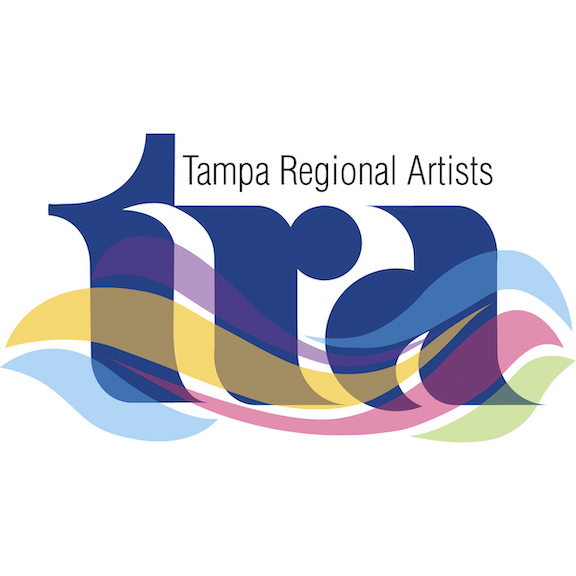About the Workshop:
Working small makes it easy to create every day and to take your creativity wherever you go. If you are looking for a visual way to document your travels, paint outside more often, or minimize your painting supplies & space, starting a watercolor sketchbook practice might be just what you need.
In this workshop, we will explore fun ways and techniques to be creative with images and page composition, and to free yourself up with simple line drawing and loose watercolor painting. And with a minimal amount of supplies, so that you can take your painting practice everywhere!
You will also learn different page design ideas to help you create your own watercolor sketchbook that shows your own creative voice.
This workshop is for you if:
You are looking for a way to cultivate a daily creative practice
You want to create art wherever you are
You want to strengthen your watercolor skills
You would like to experiment with watercolor but don’t want to spend a lot of money on expensive classes and materials
You need a creative outlet as a distraction from life-stresses and worries
You want to create art that you will be proud of and that will be a reflection of you
You are stuck on your art practice
You need to downsize your studio space
You are looking to try something new
About the Instructor — Lourdes Rosas-Rasdall
Statement from the Artist: Art was my first love and has been a driving force in my life, although not always in the forefront. As an art major, I studied most traditional mediums and methods. Although my work spans over multiple mediums, I love watercolor the most, for its fluidity, simplicity, and portability. Surprisingly, watercolor is also suitable for mixed media work, and I often incorporate other elements in my watercolors, like pen & ink for line detail, gesso or other acrylic mediums for texture and resists, or embellish a finished watercolor with collage.
Since my freshman year at Eckerd College, I have lived in the Tampa Bay area, where the sun shines an average of 360 days a year. My art is an interpretation of the world as I see it: colorful, beautiful and bright.
I have been showing my art publicly and actively since 2002 and teaching painting since 2015. I have taught group classes and workshops, as well as private instruction in watercolor, watercolor sketching & art journaling. In 2019, I traded a corporate career for a more creative lifestyle. I was not looking for a job when I was offered my current position as Suntan Art Center’s Director. It was a calling I needed to follow. Today, Suntan is where I work, teach, create, show my art, and where I can be myself, surrounded by art and a great community of artists. On the side, I still try to keep up with my own painting practice & teach an occasional group workshop.
Cost
$57.50 for TRA Members, $72.50 for Non-Members, if paid online. $50 for TRA Members, $65 for Non-Members, if by cash or check. If you are paying by cash or check, please register here and mail your check to TRA and email Judy Milsaps.
Supply List:
Watercolor sketchbook/journal – look for 140 lb watercolor paper (not mixed media) & aim for 100% cotton paper. For field work, I prefer a landscape (horizontal) vs. a vertical orientation and a hardcover. I am currently working on a 7x10” watercolor field book, although for travel, I have gone as small as 6x9”. Binder clips or tight rubber bands are good for keeping your paper stretched while painting.
For outdoor, small watercolor palette with lid & with enough flat areas to mix puddles of color. In the studio, anything will do.
Your favorite watercolor paints (tubes or pans), a few basic colors that you can mix to achieve a wide range of colors.
Watercolor brushes: a couple of rounds & flats will do
Drawing pencil & eraser
Waterproof archival thin black marker for ink sketches, detail work & writing in your book (I like Pigma Micron pens; there are other good ones out there.
Small container for your painting water, paper towels, anything else you use for painting with watercolor





